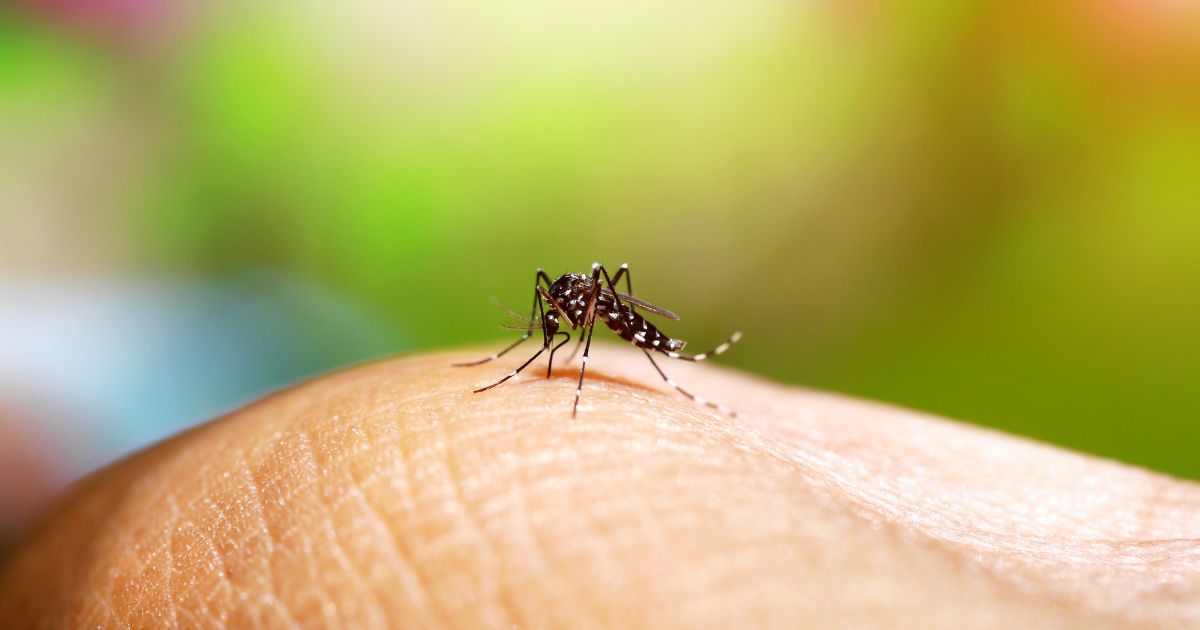Dengue cases in Singapore increase by more than 500% in 2022

According to a recent report by the NEA (National Environment Agency), the number of dengue cases in Singapore has jumped by an alarming 515% over the past year – with a total of 31,892 infection cases being reported in 2022. This means nearly three times more people are being infected with this potentially dangerous virus that could ultimately lead to death.
While these figures may be worrying to some, it is important to stay informed on why there has been such an increase in dengue cases, what steps can be taken now to prevent further spread, and how to protect yourself from getting infected.
Reasons why dengue soared
According to the NEA, the high number of dengue cases in 2022 has two causes:
- High Aedes aegypti mosquito population, which might be due to increased construction in 2022 and warmer climate conditions that have shortened the incubation cycles of the mosquito.
- Circulation of the previously uncommon DENV-3 strain of dengue, that communities have lower immunity to.
Dengue virus serotype 3 (DENV-3) had not been the dominant virus serotype, so having immunity against the previously common serotypes does not guarantee immunity against others. This combined with the increasing number of Aedes aegypti mosquito population requires raising awareness among people and tackling the issue before it peaks.
Historical look at dengue cases in Singapore
Singapore has seen a troubling trend of increasing dengue cases in recent years. After the peak of over 20,000 dengue cases in 2013, there was a general decline in the number of dengue fever cases between 2014 and 2018.
However in 2019, there was a sharp increase in the number of cases in Singapore –15,622 reported cases in total. Singapore has a warm and humid climate which is an ideal environment for mosquito breeding. That, combined with a switch in predominant serotype from DEN-1 to DEN-2, has led to a further increase in the number of people infected (35,315 reported cases in 2020).
Since the government established tighter control measures and initiated activities to reduce the spread of dengue and potential breeding sites for mosquitoes, the numbers went down to 5,258 in 2021.
What can be done to avoid contracting dengue
In order to prevent further spread of dengue in 2023, it is important to reduce mosquito breeding and control the mosquito population. Some preventive actions that can help to avoid contracting dengue include:
- removing stagnant water from home areas;
- maintaining good housekeeping;
- following Mozzie Wipeout ‘B-L-O-C-K’ steps:
- Break up hardened soil
- Lift and empty flowerpot plates
- Overturn pails and wipe their rims
- Change water in vases
- Keep roof gutters clear and place BTI insecticide inside
- spraying of insecticide in dark corners around the house and places where mosquitoes could potentially breed;
- applying insect repellent to prevent mosquito bites;
- wearing long-sleeve tops and long pants.
It is also important to have up-to-date information about dengue clusters, and seek medical attention if not well. Early intervention and treatment are crucial for successful management of dengue cases.
